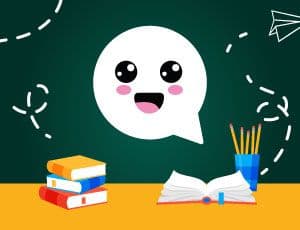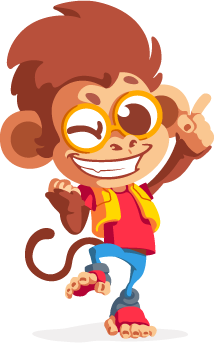3rd grade - Reading and writing - Educational Games
BY GRADE
BY SUBJECT

Reading and writing
Specific Competencies:
Recognize the text as a place of manifestation and negotiation of meanings, values, and ideologies.
Understand language as a cultural, historical, social, variable, heterogeneous phenomenon sensitive to usage contexts, recognizing it as a means of constructing the identities of its users and the community to which they belong.
Appropriate written language, recognizing it as a means of interaction in different fields of social life and using it to expand their possibilities of participating in literate culture, building knowledge (including school knowledge), and engaging with greater autonomy and agency in social life.
Read, listen to, and produce oral, written, and multisemiotic texts that circulate in different fields of action and media, with understanding, autonomy, fluency, and criticality, in order to express themselves and share information, experiences, ideas, and feelings, and continue learning.
Understand the phenomenon of linguistic variation, demonstrating a respectful attitude toward linguistic varieties and rejecting linguistic prejudices.
Use the appropriate variety and style of language for social interactions, considering the communicative situation, the interlocutors, and the discourse genre/text genre.
Analyze information, arguments, and opinions expressed in social interactions and the media, taking an ethical and critical stance toward discriminatory content that violates human and environmental rights.
Select texts and books for complete reading, according to objectives, interests, and personal projects (study, personal development, entertainment, research, work, etc.).
Engage in literary reading practices that allow the development of aesthetic sensibility for enjoyment, valuing literature and other artistic-cultural expressions as forms of access to playful, imaginative, and enchanting dimensions, recognizing the transformative and humanizing potential of the experience with literature.
Mobilize digital culture practices, different languages, media, and digital tools to expand the ways of making meaning (in comprehension and production processes), learning, and reflecting on the world, and to carry out different authorial projects.


